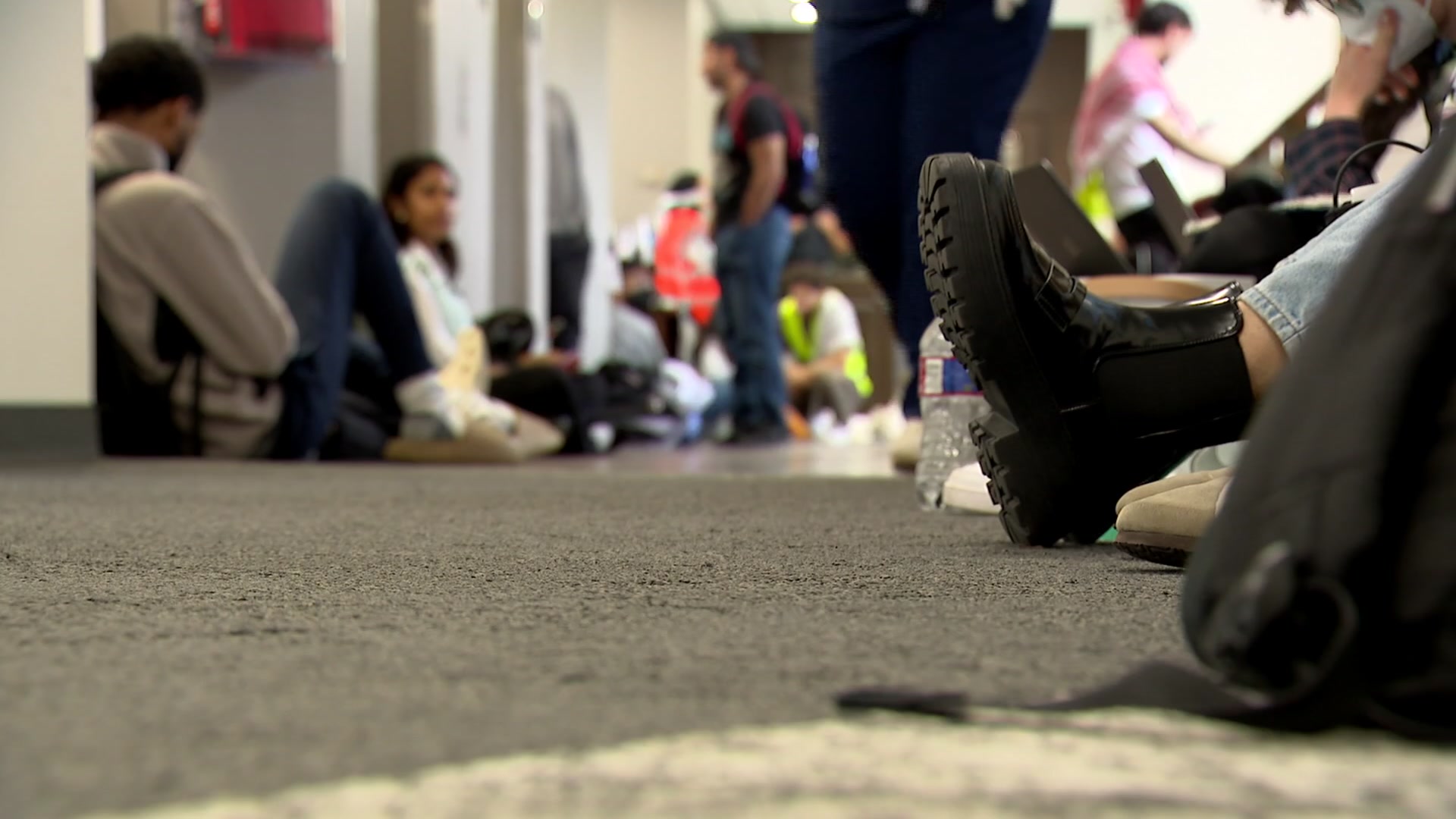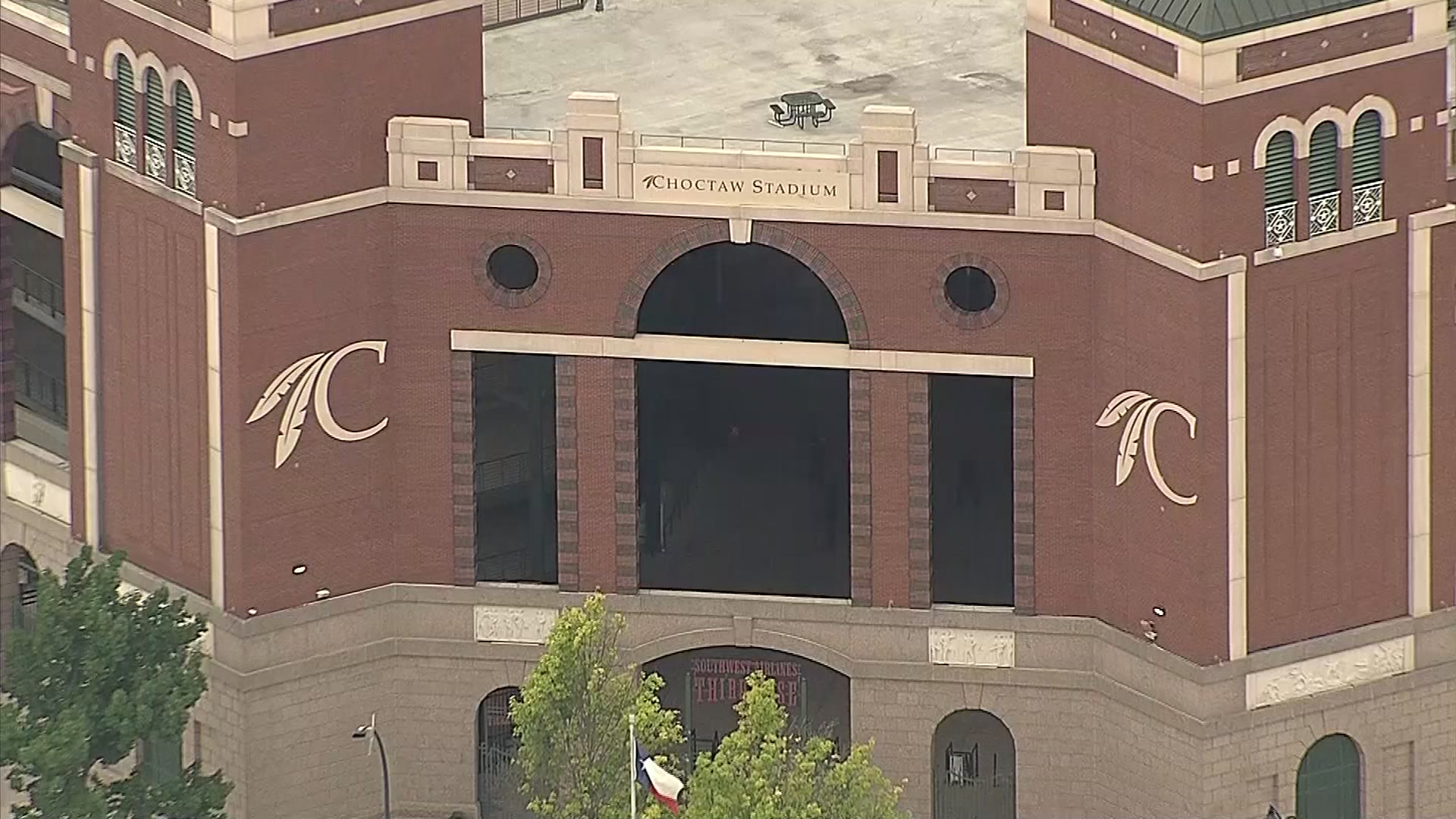With San Antonio's unemployment rate hitting historic lows, hoteliers in the city's $15.2 billion tourism industry are struggling to find housekeepers, dishwashers and waiters.
The San Antonio Express-News reports it's never been easy recruiting for jobs that involve hard work and low pay, but the crunch is reaching new levels of pain.
"I've been in this business for a long time, and I think it's the worst we've ever seen it," said Avinash Bhakta, president of ABH Hospitality Management, a local firm that manages several Candlewood Suites, Staybridge Suites and other hotels in the area. "There are plenty of positions that are open -- there aren't enough workers.
"It's hard to get people," he said.
To attract the entry-level workers they need, companies are forced to raise wages and change hiring practices. ABH, for example, is bringing on more part-time workers and relying on temp agencies for help with staffing -- a departure from years past.
Hotel housekeepers, Bhakta noted, have seen their wages jump by $3 to $4 an hour locally over the last few years. ABH also provides insurance and health benefits for full-time employees.
Low-level positions typically pay $10 to $14 an hour, depending on the hotel's location, Bhakta said.
Local
The latest news from around North Texas.
In a humming economy, hotel operators aren't just competing with each other, said Ed McClure, CEO of Boerne-based Phoenix Hospitality Group, which recently opened the Bevy hotel in Boerne. They're also up against construction firms, retail stores and health care organizations hungry for the same entry-level workers.
A broken immigration system doesn't help. The hospitality industry depends on many immigrant workers, including those with H-2B visas for seasonal work and undocumented employees.
"It's a challenging time," McClure said.
The national unemployment rate fell to 3.7% in June -- still higher than Texas' 3.4% and San Antonio's 3%, according to the Federal Reserve Bank of Dallas. Employers are having a rough time filling low-skill positions, which generally require a high school diploma or less, and mid-skill slots, which usually require some college or technical experience, said Christopher Slijk, an assistant economist at the Dallas Fed.
"We're in an unusual position where not only the local but also the statewide and national labor markets are tight," he said.
While hotels are paying more to lure workers, compensation in the industry had been gradually climbing for years. The average weekly wage for employees at San Antonio-area hotels and motels was $553 in the fourth quarter of 2018, up from $477 in 2011, according to the Bureau of Labor Statistics. But it's still far below $932, the average among all local private-sector employers during the same period.
Wages "have gone up marginally, but nowhere near enough for workers," said Willy Gonzalez, Texas president of UNITE HERE's Local 23, which represents workers in Texas and other states.
The median hourly wage was $10.44 for hotel desk clerks and $10.12 for maids in the area as of last May, according to BLS data. It rose to $10.55 for cashiers and $11.62 for retail salespeople.
Finding affordable housing near where they work is also a challenge for many hotel employees. Many of them end up living far from their jobs because of high housing costs.
"It leads to high turnover," Gonzalez said. "Cost of living, housing and low wages are a combustible mix."
But attracting workers doesn't come down to offering higher pay alone. Employees care about a company's culture, said Tom Cannon, a professor of marketing, tourism and law at the University of Texas at San Antonio.
Businesses also have to provide more incentives, such as tuition reimbursement, to attract and retain staff.
"Any employer, especially in the hospitality industry, needs to be thinking about their employees as investments in the future of their business," Cannon said.
Along with high turnover, hotels are grappling with applicants who seem to drop off the map. Bhakta said job seekers who make it past the interviews and receive job offers frequently never show up for work.
Some hoteliers are hiring third-party firms to perform some services, such as housekeeping, and adding more job fairs. Others are working with local organizations such as Chrysalis Ministries to find employees, said Liza Barratachea, president and CEO of the San Antonio Hotel and Lodging Association.
Restore Education, a San Antonio nonprofit that offers several educational programs, has a hospitality management track. The East Central Independent School District's new high school, CAST Lead, will focus on careers in retail, hospitality, tourism and e-commerce. A program at schools in the Edgewood Independent School District provides graduates with a national certification in hospitality fields through the American Hotel Association Institute, along with dual college credit.
Times are tough, Barratachea acknowledged, but the hospitality industry "is always looking for people."
New hotels in the works around San Antonio will almost certainly worsen the worker shortage. Luxury chain W Hotels is in talks to open a hotel near the Pearl in downtown San Antonio, a California developer plans to build a 112-room boutique hotel near the River Walk and the dilapidated Hedrick Building is set to be turned into a hotel operated by Stay Alfred, a startup that rents out apartments short-term.
"If you open up a new location, (turnover) should be a concern," Bhakta said.



